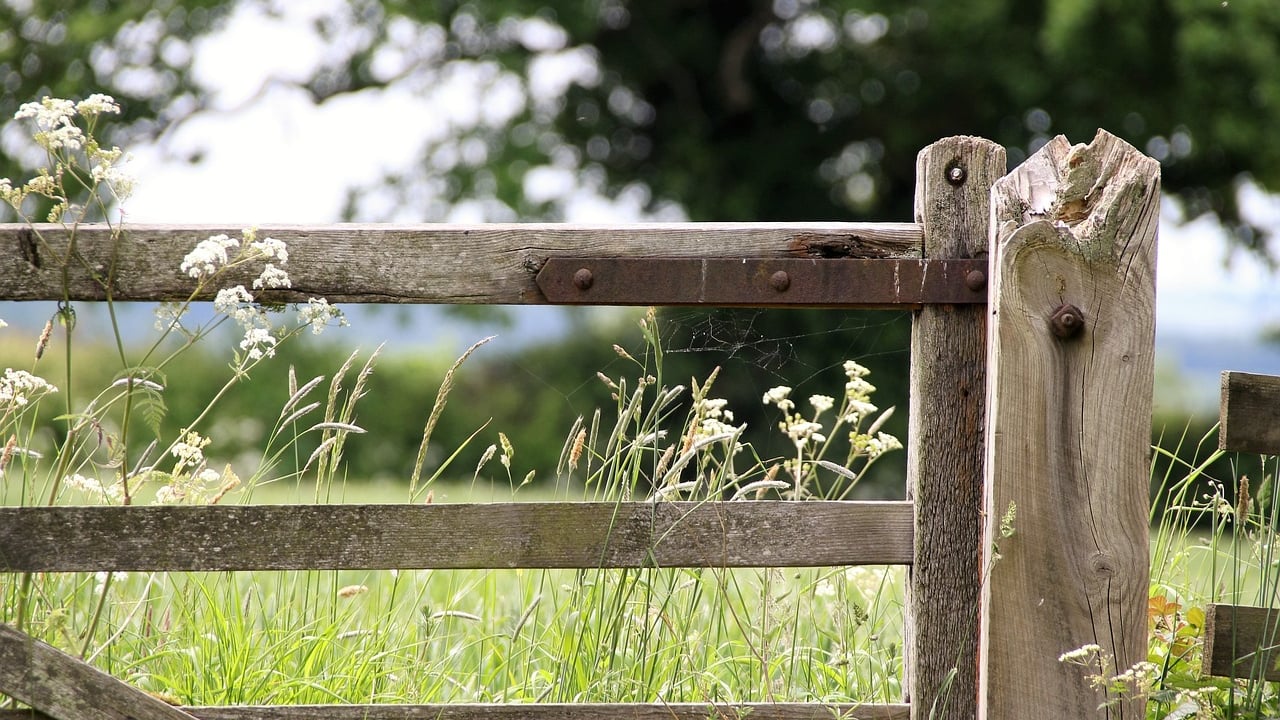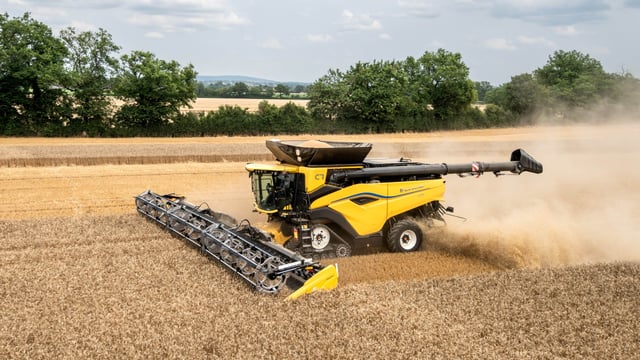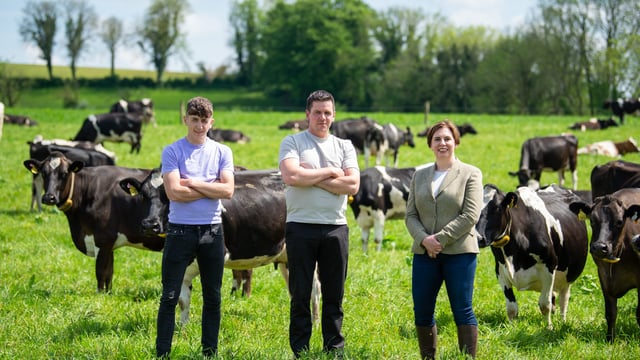IFA wants 'farm activity' scheme for active farmers in CAP demands
The Irish Farmers' Association (IFA) has published a set of principles it wants to see followed in the new Common Agricultural Policy (CAP) post-2027, including a "farm activity support scheme" for "active farmers".
The policy document from the farming organisation outlines a set of key asks for both Pillar I and Pillar II of the CAP.
The document was agreed at an IFA national council meeting earlier this month.
It comes in advance of the European Commission publishing its proposals for the new Multiannual Financial Framework (MFF) - the EU's long-term budget - and with it, proposals on the format of the next CAP.
"While these are only the commission proposals for the MFF that will still need to be considered by the member states and the EU parliament, they will be significant in setting the framework for the negotiations," IFA president Francie Gorman said.
It has long been believed that these proposals, when they arrive, will see the EU budget and CAP radically overhauled, with funding for policies merged into a single fund for each member state, resulting in the end of the CAP's traditional two-pillar structure.
“The single fund proposal, which will need unanimous head of state approval to progress, would put a knife through the heart of the CAP as we know it," Gorman said.
"In reality, many more farms and indeed rural areas would be gone but for CAP and the support it provides. The next MFF needs to reflect that, and cannot create more unviable farmers or rural areas.
"Farmers that produce food, work the land, tend to livestock, that sow and harvest the crops, while maintaining and enhancing our environment, are the farmers that need support," he added.
The IFA is calling for the traditional two-pillar format to be retained, with targeted income support and eco-scheme payments provided to genuine active farmers through Pillar I; supplemented by additional dedicated sector-specific supports for vulnerable sectors, rural development, and agri-environment supports through Pillar II.
On Pillar I, the IFA is calling for a new "farm activity support scheme" that would only be open to "genuine active farmers" engaged in food production.
The organisation is also calling for the next CAP to have a greater focus on incentivisation rather than on additional conditionality from good agricultural and environmental conditions (GAECs) and similar standards.
The IFA document also outlines changes it wants to see to several individual GAECs, including the contentious GAEC 2 (protection of wetlands and peatlands), which it wants to see removed from CAP conditionality altogether.
The organisation is calling for no further capping of CAP payments than is already the case (an absolute payment per beneficiary of €100,000 and and effective maximum payment per beneficiary of €66,000), and for leased-in entitlements to be excluded for capping purposes.
The IFA is also calling for "scope" to provide support through coupled payments to vulnerable sectors, including the livestock and tillage sectors.
Although the IFA is calling for the retention of the two-pillar format, it also wants to see a lesser number of Pillar II supports, though at higher payment rates, especially to more vulnerable sectors.
The IFA is looking for €100 per animal in the Dairy Beef Welfare Scheme for farmers who rear and finish weanlings; and at least €30 per ewe in the Sheep Improvement Scheme (SIS).
The organisation also believes that the 'costs incurred/income forgone' principle on which Pillar II payments are based should be regarded as a baseline for payment, effectively becoming a minimum payment, rather than the maximum payment.
For the main Pillar II agri-environmental scheme (which, under the current CAP, is the Agri Climate Rural Environment Scheme), the IFA is calling for farmers to be allowed enter the scheme after its initial year; a flexible period of commitment to the scheme; a loyalty bonus to provide an additional payment for farmers that stay in the scheme; and a minimum annual payment of €15,000.
On the Targeted Agricultural Modernisation Scheme (TAMS) - or whatever its equivalent might be in the next CAP - the IFA wants dribble bars for slurry spreading, all-terrain vehicles, and virtual animal collars added to the list of illegible investments.
The farm organisation says that, for farmers on designated land, the economic impact should be better realised in the future CAP. The IFA is calling for increased support for impacted farmers and for agricultural activity to continue; as well as for a 'no compensation, no designation' principle, where designations should be removed if the farmer cannot be compensated.
Outside of the remit of the two pillars, the IFA is calling for a general focus in the new CAP on generational renewal; performance-based payments; more efficient administration of the entire CAP programme; and flexibility on the matter of inspections and penalties.
"Agriculture is, and must continue to be, at the core of the EU, with a strong and supportive common policy, backed by an ambitious EU budget. Europe needs a stronger, simpler, and dedicated CAP budget to ensure competitiveness, foster potential for the next generation, and guarantee a decent income for today's active farmers," the policy document says.
It adds: "EU farmers should be looking ahead with a sense of optimism and purpose. Yet, economic, bureaucratic and societal pressures are stifling hope and on-farm endeavour. Farmers need a period of certainty, starting with financial certainty and a stronger, dedicated CAP in the next MFF."





